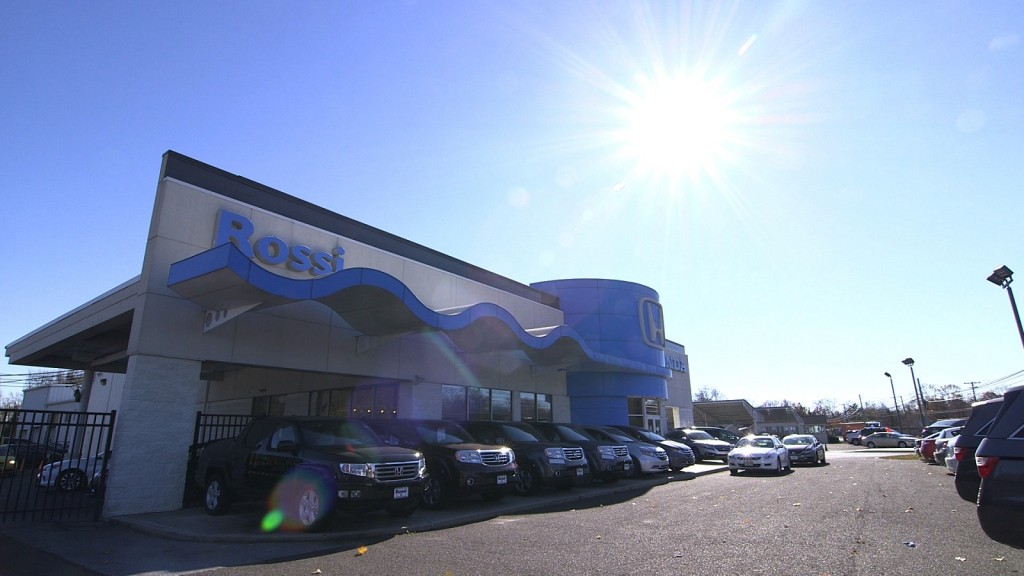It should have been fairly straightforward.
Install some solar panels on the roof of a building, cut carbon emissions, and perhaps save some money on electricity bills.
But car dealer Bariel Ford just happened to be located in a town that owns its own utility.
DON'T MISS: As Solar Power Spreads, Diverse Users Fight Utility Attempts To Penalize It (Mar 2015)
So when Bariel Ford submitted an application to the borough of Zelienople, Pennsylvania—near Pittsburgh—to install a 50-kilowatt system, it was denied, and a fight ensued.
On one side were environmental advocates, on the other were the Zelienople government and a town-owned utility, according to a Pittsburgh Post-Gazette report on the matter.
Zelienople is one of a handful of Pennsylvania municipalities to operate its own utility, which isn't regulated by the state's Public Utility Commission.

Ford and Windy Energy Windy System clean-energy pilot program.
That allows it to bypass a state law that requires regulated utilities to facilitate the installation of solar arrays of up to 50 kW for residential use, and 3,000 kW for commercial use.
As in some other states, Pennsylvania also requires utilities to buy excess power customer systems feed back into the grid.
But Zelienople's town-owned utility is allowed to set its own rules. Which it did: it places a 5-kilowatt cap on any solar-power system within the town.
ALSO SEE: Honda Dealer In NJ Is First In U.S. To Use No Net Electricity
As well as limiting the size of solar arrays, Zelienople only pays half of the wholesale rate to the panel owner for excess electricity generated by customer systems.
State-regulated utilities must pay the full retail rate, resulting in substantial reductions in their monthly electricity bills.
Another local ordnance requires every solar array owner to carry $1 million in liability insurance—but state-regulated utilities have no such requirement.

Electricity grid substation (Image: FirstEnergy Corp on Flickr, used under CC license)
Zelienople' utility relies on a lack of competition from decentralized renewable energy to set rates based on the needs of its infrastructure.
It calculates how much electric power its 2,200 customers will need over a year, and how much it will cost to operate and maintain its grid.
Significantly, most of Zelienope's municipal operating budget comes from the revenues its utility generates.
MORE: Four Ford Dealers To Test Solar & Wind Clean-Energy Systems (Nov 2014)
That allows the city to keep taxes low, borough manager Don Pepe told the Pittsburgh Post-Gazette.
Pepe said the existing solar regulations were based on what other municipalities had previously done, as well as the first request by a customer to install a solar array.
Public outcry surrounding the denial of Bariel Ford's application, however, has led the government to consider raising the cap on solar power.

Rossi Honda dealership, Vineland, New Jersey
The town government hopes to present a draft for an updated ordinance before the end of this month.
That could ultimately allow Bariel Ford to follow in the footsteps of Rossi Honda in Vineland, New Jersey.
It claimed in January 2014 to be the first "electric-grid neutral" car dealer in the country, following its 2012 installation of solar panels that provide 90 percent of the electricity it uses (and shade parking areas to boot).
Meanwhile, home and business owners around the country who interested in cheap, low-carbon renewable power must prepare to deal with utilities that remain suspicious of the practice.
_______________________________________________












